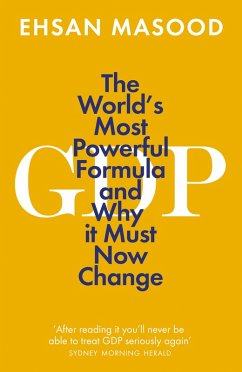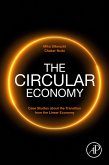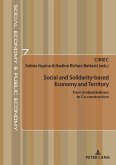Gross Domestic Product (GDP) is the world's economic health-check, an influential ranking of global prosperity. A rising number is manna for markets and keeps business buzzing; a falling one is a portent of doom for everyone.
But, as science writer Ehsan Masood deftly shows, GDP can be unforgiving for those countries that cannot be - or choose not to be - measured by its rules. And it fails to measure much of what is really important to our lives. GDP was created to help Western economies rebuild after the horrors of the Great Depression and to rise again from the fires of the Second World War. But it simultaneously rewarded decades of environmental destruction, and now, amid an unprecedented economic crisis, it faces a fight for its survival.
What began as a useful formula to assess a country's path to prosperity, has trapped societies and leaders into a system of measurement from which the world has to break free. We must, and this book shows how we can.
Dieser Download kann aus rechtlichen Gründen nur mit Rechnungsadresse in A, B, BG, CY, CZ, D, DK, EW, E, FIN, F, GR, H, IRL, I, LT, L, LR, M, NL, PL, P, R, S, SLO, SK ausgeliefert werden.
Roger Lowenstein, Wall Street Journal, USA









